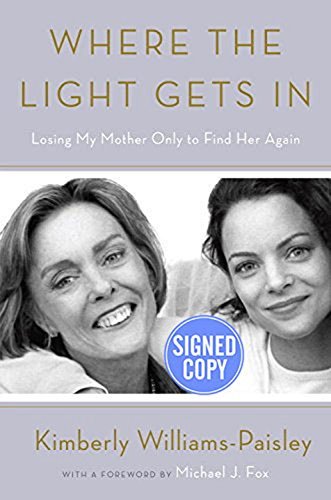What do you think?
Rate this book


Hardcover
First published March 29, 2016
”The possibility that she might still have normal thoughts and fears that were hidden from us, that she might be feeling the pain and horror of her experience or understand what was happening to her, was unbearable.”